Does gaming sweep mental health issues under the rug?
The games industry is locked in the throes of renaissance. It’s frequently challenging norms with a push for equal representation. It’s daring artists and players to dream bigger than the clichés which dominate worldwide charts. Despite intense resistance, it's a war being won inch by inch. However, the battle for diversity is blind in one key area; it flies over the misunderstood realm of mental illness without a backward glance. Bearing in mind how far we've come in the last decade, gaming's efforts at tackling this subject are depressingly awkward (if it isn't ignored entirely). At best we get predictable, wildly generalised tropes hurled into our laps. Grief. Anxious ticks. Madness. Few come close to portraying--or even understanding--the reality.
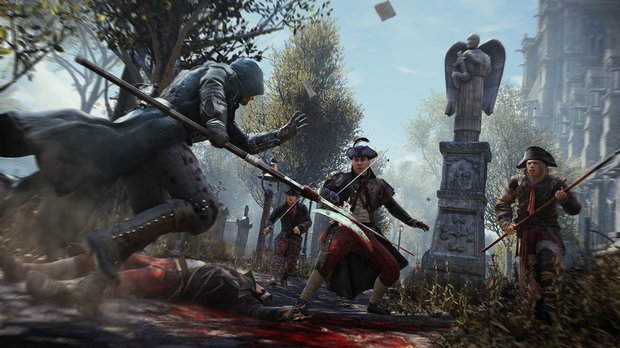
That’s some distance from the rallying cry bellowed across the web when Ubisoft ‘justified’ not including playable female heroes in Assassin’s Creed Unity. Gender or sexuality remain attractive inequalities to get behind, thanks to their simplicity, but the subject of mental illness isn’t so easily understood. Consequently, we see much less ‘White Knight’ behaviour from gamers when it comes to this subject. Less outcry.
This isn’t helped by the fact that players’ perception of issues like OCD can be far removed from fact. Most trivialise the matter by suggesting its presence in our need to reload after shooting, or a drive to vacuum up every item we stumble across in Super Mario or Ratchet & Clank (regardless of whether we need them or not). The truth is infinitely more invasive.
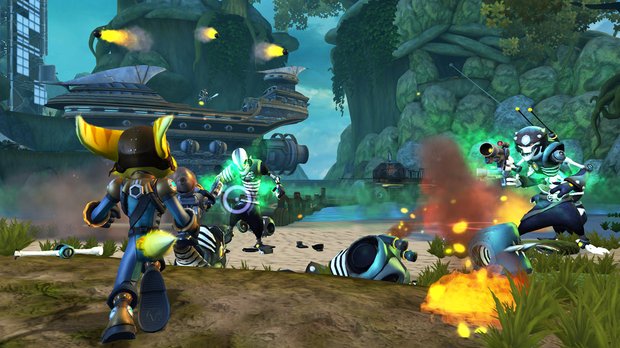
The distressing condition is tied into a need to alleviate worries. This is achieved by repeating a compulsive behaviour, even if it only works in the short-term. After saving to buy a PS4 earlier this month, for example, I suddenly found myself putting off opening the packaging. The only explanation I can give is that I felt mentally ‘unworthy’ in some fashion, as if I wasn’t ready to appreciate the new generation of consoles. Over time, I began to recognise the signs of what has long-since become my shadow. When finally connecting the system, I was forced to keep checking that I hadn’t forced the power-cable in too hard. Then I had to ritualistically clean my glasses and go to the toilet numerous times before I was even close to ready. Worse, my concern over causing an electrical fire through ‘damp’ hands saw me repetitively drying them off on towels, regardless of the fact that they were already bone dry. It’s possible to fight this mounting sense of panic and win, but not before it’s sucked the fun from whatever its come into contact with.
If I was to personify OCD, it would be as a mewling creature pulling at your sleeve; one that operates on blind instinct. Having such a monster riding around on your shoulder every moment of every day is exhausting. As such, sufferers need a bright spot in amongst the misery of a life which crushes them. They need heroes they can relate to, characters who remind them that it’s possible to battle out to the other side. That it’s possible to win.
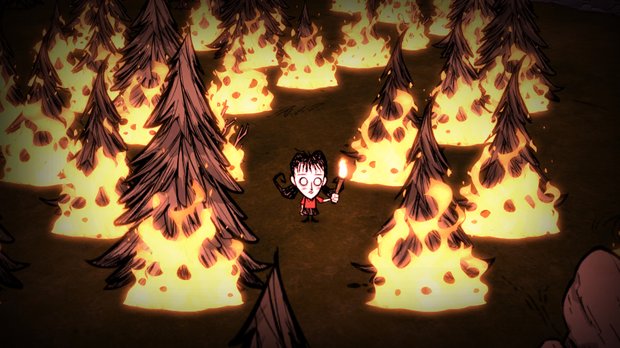
Sadly, those idols don’t really exist in games. There are a number of protagonists out there who grapple with anxiety, but their struggles are usually bland and ‘safe’ from a storytelling perspective. The murdered spouse we must avenge, the kidnapped family to save. The emotional weight of being a saviour. Even if I went on for a full page with numerous examples, it’d rarely touch upon the horror mental illness brings about in reality.
Perhaps the best example would be Heavy Rain’s Ethan Mars. A father who spirals into misery after losing his son, his is a clunky exploration of anxiety that’s mostly restricted to visual cues such as the re-watching of old videos, a scruffy beard, and tatty house. When it cuts deeper, exasperation follows. Blacking out for minutes at a time, Ethan finds himself in unfamiliar places with an origami figure nestled in his palm. Rather than fostering sympathy for a man who is clearly falling apart, I get the impression audiences are supposed to be uneasy about him in those moments. We are led to believe he is the Origami Killer, in large part because of his mental illness. That isn’t a healthy image.
Weekly digests, tales from the communities you love, and more
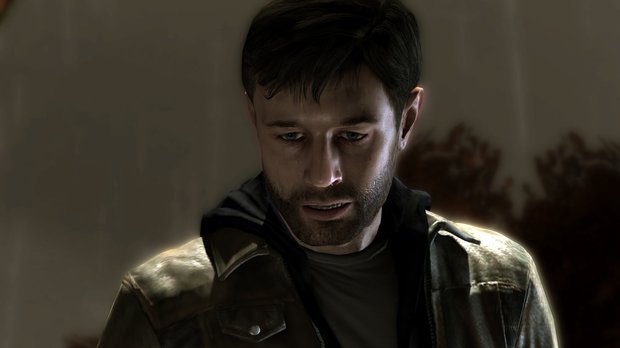
It isn’t unusual, of course. As Ian Mahar pointed out in his thought-provoking Kotaku article, if mental illness does make an appearance it’s often something abhorrent. His observation that the role was primarily reserved for "the villain, and typically used to justify extreme violence or antipathy" is a bucket of cold water to the face.
This is a strange reality, because the number of those suffering from anxiety is astonishing. According to Anxiety UK, one in six Britons have suffered from depression in the last week. For context, 2013’s survey from the Office for National Statistics suggested that there are around 64.1 million people living on these islands. With that in mind, approximately 10.6 million of that number were struck by it in the past seven days alone.
The number of those lumbered with obsessive compulsive disorder isn’t a huge amount better. As noted by OCD UK, it "affects as many as 12 in every 1000 people". It can be so debilitating and disabling that the World Health Organisation (WHO) has actually ranked OCD in the top ten of the most disabling illnesses of any kind, in terms of "lost earnings and diminished quality of life". Given the similarity of our lifestyles, it's likely that the rest of Europe and the US have similarly disturbing statistics.
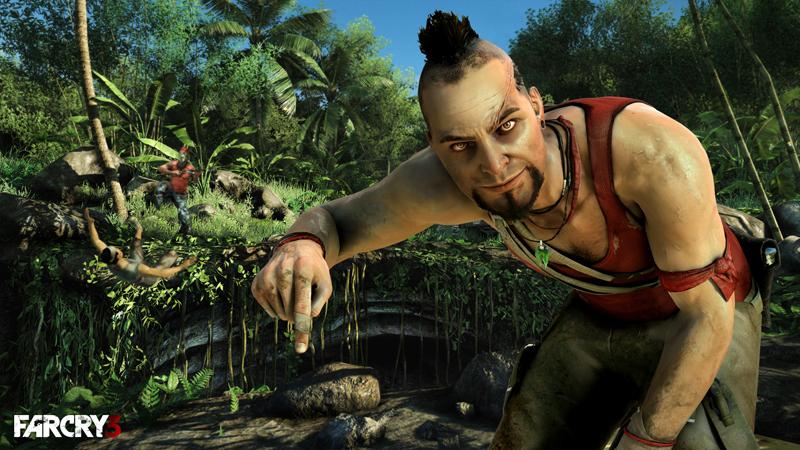
So why isn’t this handled better in video games: a medium that’s played by a phenomenally broad user-base? I can sympathise with those who raise the complaint that we should use games for fun rather than a social message. Nevertheless, if including a character with anxiety or OCD could give hope as well as understanding, that’s an opportunity the games industry should jump at. It’s cruel to go through each week living in constant fear. It’s a roulette of panic that doesn’t ever stop. Giving someone in that boat a figure to relate to--maybe admire--might show them they’re not alone. It would provide an example that this is an adversity that they can overcome, regardless of how hopeless it seems at the time.
I could have used that when I didn’t understand my own severe OCD. I doubt I’m alone. People in our shoes are left with the impression that they’re somehow coming unhinged, or are outright crazy. This only makes the situation worse, leading to a destructive self-loathing. Speaking personally, seeing a character going through the same trials (albeit emerging victorious) would have provided a light at the end of a very long tunnel. It would have reminded me that victory is possible if I fight hard enough, no matter how bleak my situation appeared.
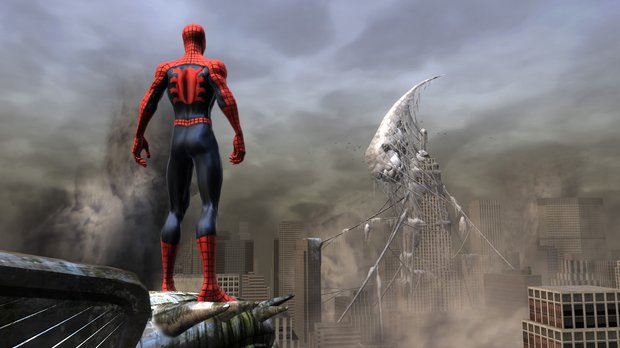
Although this might sound rather cornball, think it over for a second. Have you ever had an character you admired? For some it was Han Solo, an outsider who learns the value of working for the greater good in spite of his arrogance. For others, Spider-Man’s journey from self-centred teen to a man who wouldn’t back down from everyday problems is a huge influence. Why can’t those with mental illness or anxiety get someone to look up to as well? Tens of thousands need it, along with those who haven’t realised they aren’t alone. Video games are a uniquely interactive medium, and they should be taking a little more responsibility.
Additionally, this wouldn't only benefit those in the grips of mental illness. It would also push those who don’t understand to see things in a different way. That in itself is crucial, no matter how mundane it appears to be. Even as these characters might give hope, so they could open eyes too.

I've been writing about games in one form or another since 2012, and now manage GamesRadar+'s tabletop gaming and toy coverage. You'll find my grubby paws on everything from board game reviews to the latest Lego news.


